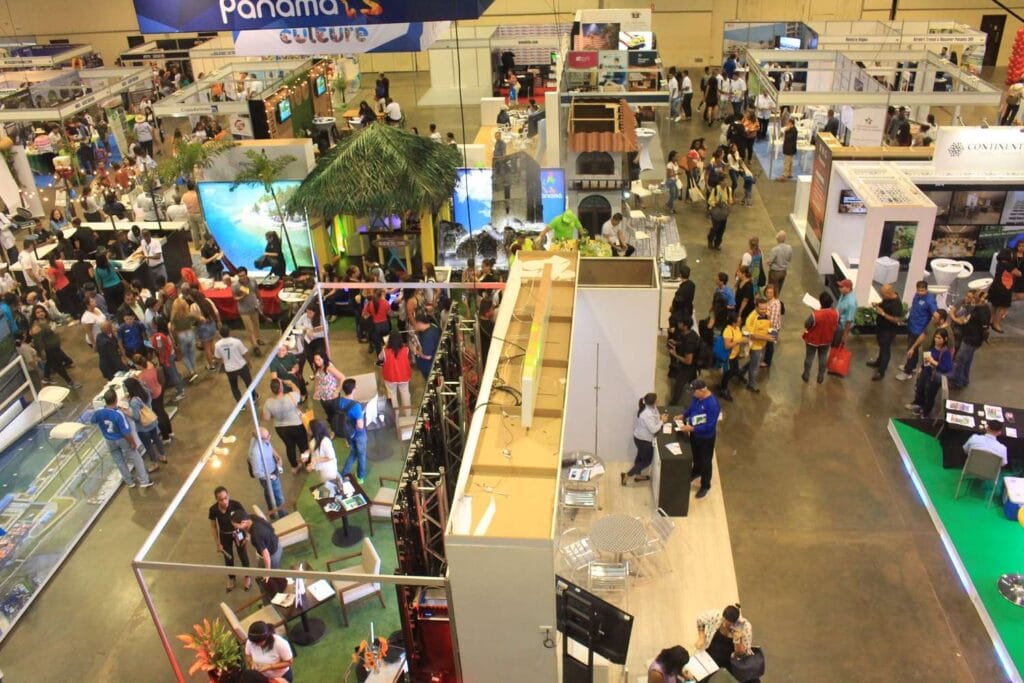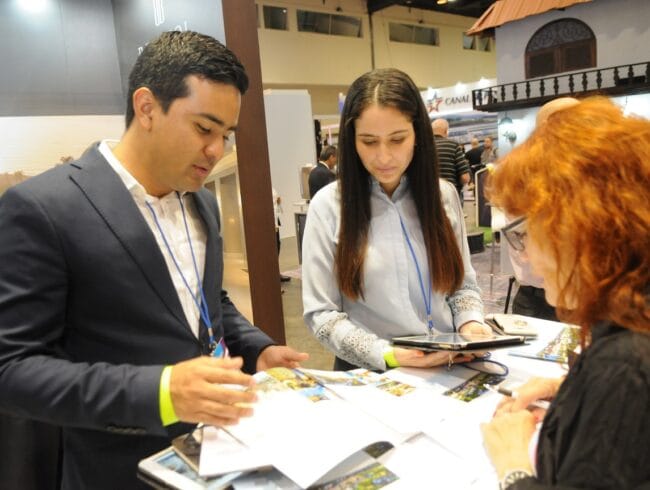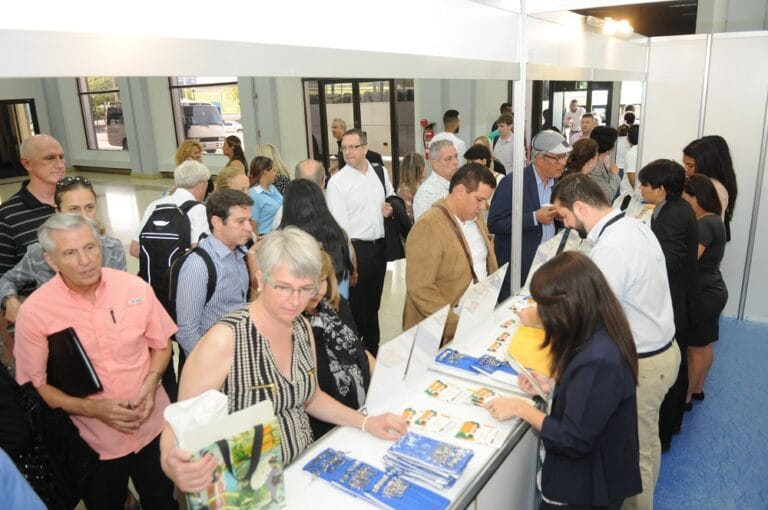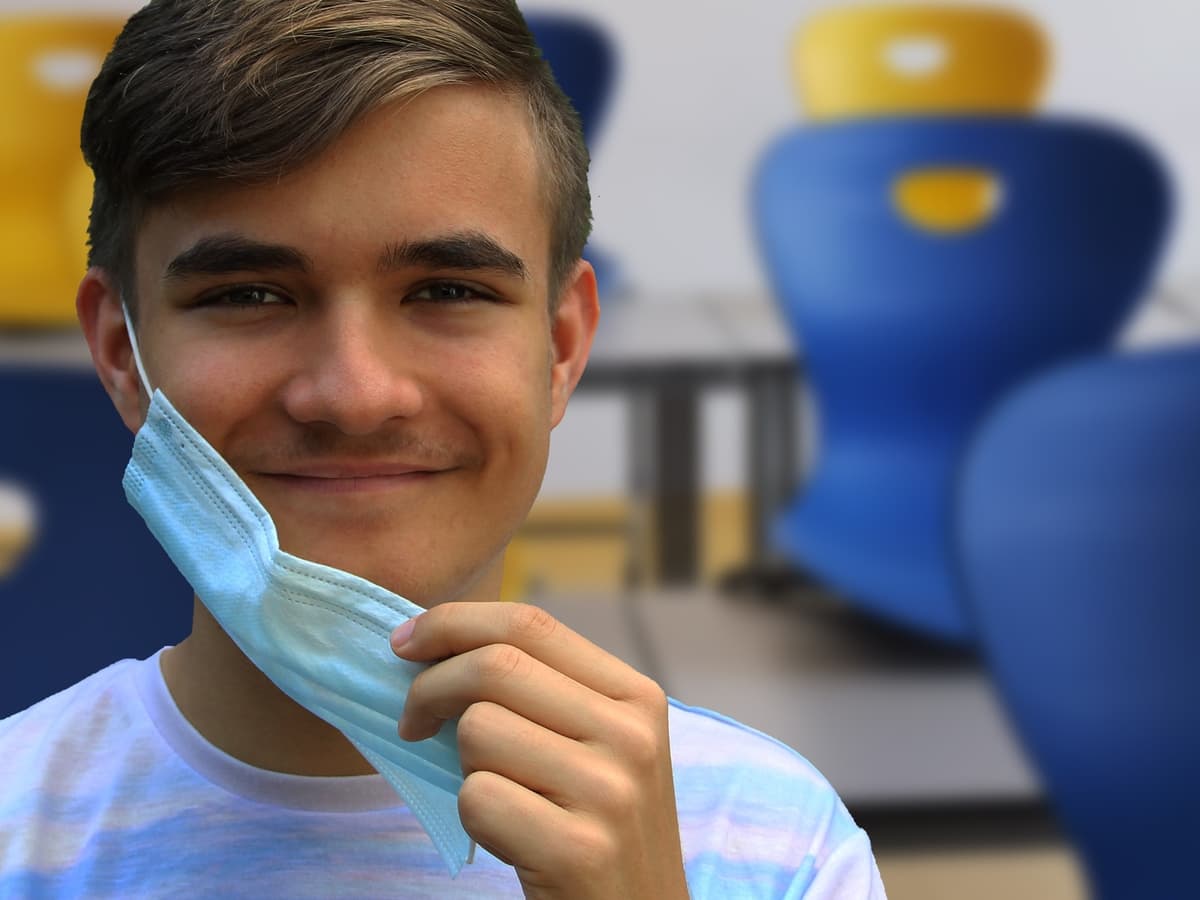
Durante la pandemia a causa del Covid-19 siempre hubo diferencias en el criterio a la hora de solicitar o no certificado de vacunación en los lugares o destinos turístico, sin embargo, lo que si era obligatorio era llevar mascarilla en lugares cerrados. La exigencia del uso de tapabocas en muchas partes del mundo era en interiores, excepto cuando se comía, y en exteriores cuando no era posible el distanciamiento social. En Panamá esta última todavía no se ha flexibilizado.
Grandes del Turismo Eliminan la Mascarilla
En el último mes el tema se viene replanteando, la tendencia que viene cambiando es en la obligatoriedad de utilizar mascarillas o cubrebocas. Un ejemplo claro es la naviera Norwegian Cruise Line, Oceania y Regent Seven Seas (todas pertenecientes a Norwegian Cruise Line Holdings, con sede en Miami, Florida) ya no requerirán que los pasajeros utilicen mascarillas a bordo a partir del 1 de marzo. Esta misma medida ya la aplicó el Parque temático Disney en Orlando desde el pasado 12 de febrero. Eso sí, en ambos casos, manteniendo la condición de que las personas que no la usen se encuentre vacunadas, y quienes todavía no lo estén sigan usándola.

Países Siguen la Tendencia
Este replanteamiento hace que el ambiente se sienta diferente, un cambio en el manejo de la pandemia, que parece conducirnos de forma relativamente rápida hacia la caída de las restricciones y la vuelta, quizá, a la tan deseada “normalidad”. Al menos, así lo parece si se mira a países como Gran Bretaña o Dinamarca, donde hace semanas que ya se retiraron todas las medidas restrictivas. En España el jueves 11 de febrero terminó la obligatoriedad de usar mascarilla en el exterior.
En Panamá todavía no hay una fecha para eliminar la obligatoriedad, probablemente esperando que las clases empiecen y las autoridades puedan observar el comportamiento del virus ante el movimiento masivo de estudiantes. Sin embargo, la flexibilización está empezando a sentirse con la eliminación de la prueba negativa en el aeropuerto de Tocumen para las personas vacunadas que ingresen al país.
Una Recomendación que Trae Desafíos
Algunos profesionales de la salud mental ya venían recomendando la retirada de la mascarilla , un mensaje que hace seis meses era impensable escuchar excepto en pequeños círculos.
Hoy en día hay quienes se lanzan a comprar entradas de conciertos y a reservar escapadas con amigos. La relación social e individual con el covid-19 está evolucionando: de ser una amenaza ha pasado a ser una incomodidad, permitiendo cambiar el significado, Cuando cambia la relación psicológica y emocional con el virus, hay menos alarmismo; mayor percepción de control y más seguridad.
El gran desafío será diferenciar entre el miedo útil y otros tipos de temores. En su versión saludable, el miedo lleva a la prudencia y a la protección. El desafío se encuentra en eliminar las razones del miedo cuando aquello que lo provocaba ya no se encuentra. Común en personas que han quedado traumatizadas por el miedo a contagiarse, al seguir llevando la mascarilla cuando ya no hace falta, esta puede representar un símbolo de protección psicológica.

La Empatía, el Gran Aprendizaje del Futuro
La gran pregunta es cómo las personas pueden manejar la situación cuando personas en nuestro círculo familiar o de amigos se encuentran en una fase diferente.
Los expertos están de acuerdo que va a ayudar el respeto y libertad, que cada persona haga lo que le parezca mejor; reduciendo la dependencia emocional a las decisiones de los demás. Un proceso que debe realizarse con mucha comprensión y cariño. Si hay opiniones distintas, la empatía es la herramienta más útil, es pensar con más humildad y aceptar que la percepción de seguridad es diferente en cada persona. Los hechos futuros demostrarán la capacidad de la sociedad para integrar estos aprendizajes a la vida diaria de manera efectiva.

Tourism and Life without a Face Mask, a Trend that Grows Around the World
During the pandemic due to Covid-19 there were always differences in the criteria when requesting or not requesting a vaccination certificate in tourist places or destinations, however, what was mandatory was wearing a mask indoors. Masks were required in many parts of the world indoors, except when eating, and outdoors when social distancing was not possible. In Panama, the latter has not yet been made more flexible.
Tourism Giants Don’t Require Face Mask
In the last month the subject matter has been reconsidered, the trend that has been changing is in the obligation to use masks or mouth covers. A clear example is the shipping company Norwegian Cruise Line, Oceania and Regent Seven Seas (all belonging to Norwegian Cruise Line Holdings, based in Miami, Florida) that will no longer require passengers to wear masks on board as of March 1. This same measure has already been applied by the Disney Theme Park in Orlando since last February 12. Of course, in both cases, keeping the condition that people who do not use it are vaccinated, and those who are not yet continue to use it.

Countries Follow the Trend
This rethinking makes the environment feel different, a change in the handling of the pandemic, which seems to lead us relatively quickly towards the fall of restrictions and a return, perhaps, to the much-desired “normality”. At least, it seems that way if you look at countries like Great Britain or Denmark, where all restrictive measures have been withdrawn for weeks. In Spain, on February 11, the must-wear a face mask in outdoors ended.
In Panama there is still no date to eliminate the obligation, probably waiting for classes to start and the authorities can observe the behavior of the virus in the face of the massive movement of students. However, the relaxation is beginning to be felt with the elimination of the negative test at the Tocumen airport for vaccinated people entering the country.
A Recommendation that Brings Challenges
Some mental health professionals had already been recommending the removal of the face mask, a message that six months ago was unthinkable to hear except in small circles.
Today there are those who rush to buy concert tickets and book getaways with friends. The social and individual relationship with Covid-19 is evolving: from being a threat it has become an inconvenience, allowing the meaning to change. When the psychological and emotional relationship with the virus changes, there is less alarmism; greater perception of control and more security.
The great challenge will be to differentiate between useful fear and other types of fear. In its healthy version, fear leads to caution and protection. The challenge is to eliminate the reasons for fear when what caused no longer exists. Common in people who have been traumatized by the fear of getting infected, by continuing to wear the mask when it is no longer needed, it can represent a symbol of psychological protection.

Empathy, the Great Lesson of the Future
The big question is how people can handle the situation when people in our circle of family or friends are in a different phase. The experts agree that respect and freedom will help, that each person do what fits the best; reducing emotional dependence on the decisions of others. A process that must be carried out with a lot of understanding and affection. If there are different opinions, empathy is the most useful tool, it is thinking with more humility and accepting that the perception of security is different in each person. Future events will demonstrate society’s ability to effectively integrate these learnings into daily life.







